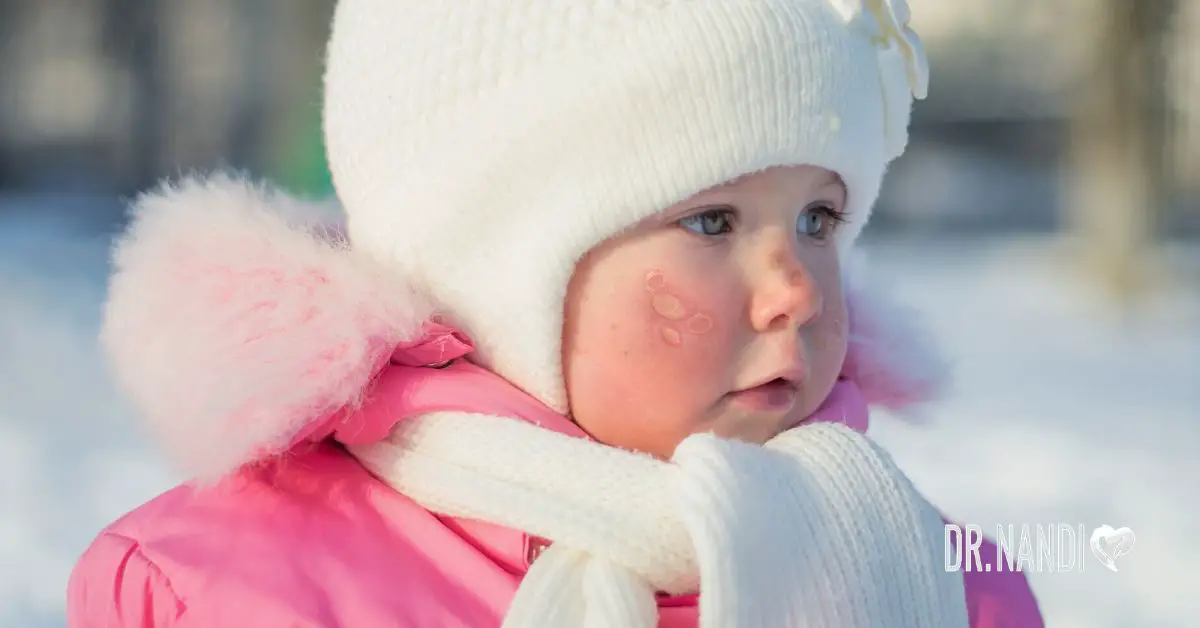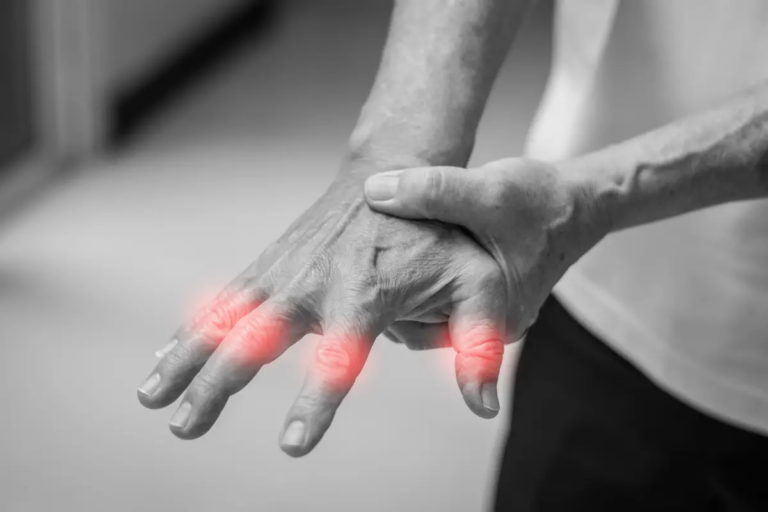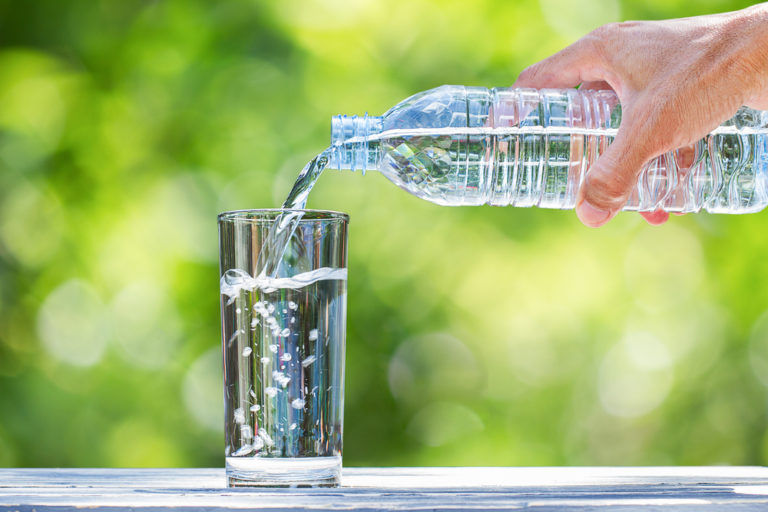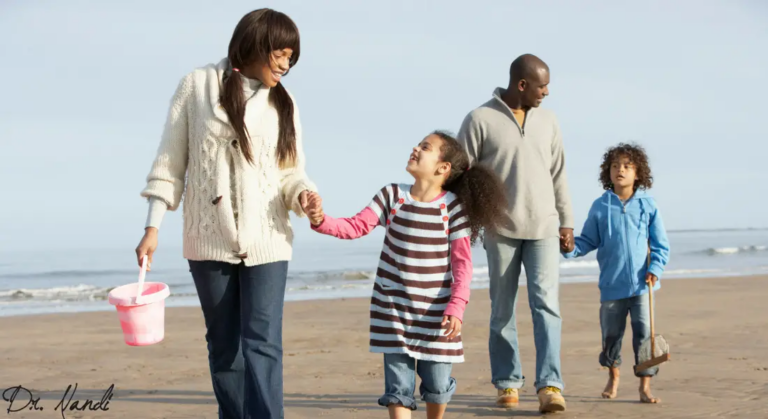It’s winter break in the Detroit Metro area, which means students and families can enjoy outdoor winter activities! But, that also means it’s a time for outdoor winter injuries like knee, wrist, and hand injuries as well as concussions. As a parent of four children and a physician, I’m constantly thinking of ways to keep kids safe. So, while many parents may be on the lookout for safety equipment and training pertaining to skiing or snowboarding, less extreme activities like sledding and ice skating can also lead to injuries or accidents.
Seven Steps for Keeping Your Kids Safe
This may go without saying, but keeping an eye on your kids is really important. Injuries can happen in an instant. As much as we love our kids, we also know they don’t always make the best decisions. So, it’s up to us as parents to keep them safe. Here are my recommendations for outdoor winter safety:
- Take a Lesson – Find a qualified instructor to teach your children how to properly ski, snowboard, or skate. They will be able to teach them safety procedures as well as proper technique.
- Dress the Part – Wear thin layers of clothing and use wintertime accessories like gloves, a scarf, and a hat. That way you can take off layers if your child overheats.
- Wear a Helmet – Get a helmet specifically designed for the sport your kid is doing (skiing or snowboarding). Don’t rely on something like a bike helmet for other sports.
- Other Safety Equipment – Don’t stop with just a helmet. Something like gloves with built-in wrist guards can go a long way protecting wrists in the event of a fall.
- Get The Right Fit – Make sure all gear (clothing, sports equipment, safety equipment) all fits properly. Items that are too loose or too tight could contribute to injury.
- Face The Right Way – Go with the flow of traffic or gravity for your outdoor activity. So, for sledding, it’s sitting up or feet first. For skating, go in the same direction as everyone else. For skiing/snowboarding, ride hills at your level and yield right of way to downhill riders.
- Avoid Hazards – Stay clear of trees, lakes, or ponds.
If you have infants, take extra precautions to ensure their safety. Dress them in one additional layer than you yourself as wearing. Babies will get colder faster than adults because they don’t have the same tolerance to winter weather. It’s also important to warm up indoors by taking frequent breaks. This will help you avoid hypothermia or frostbite.



















